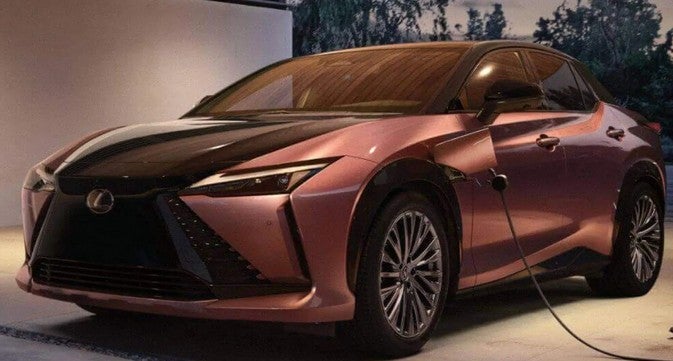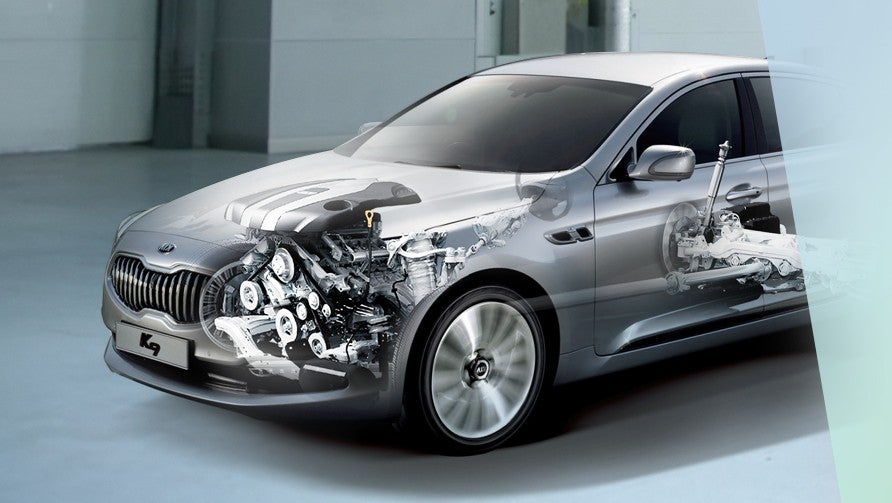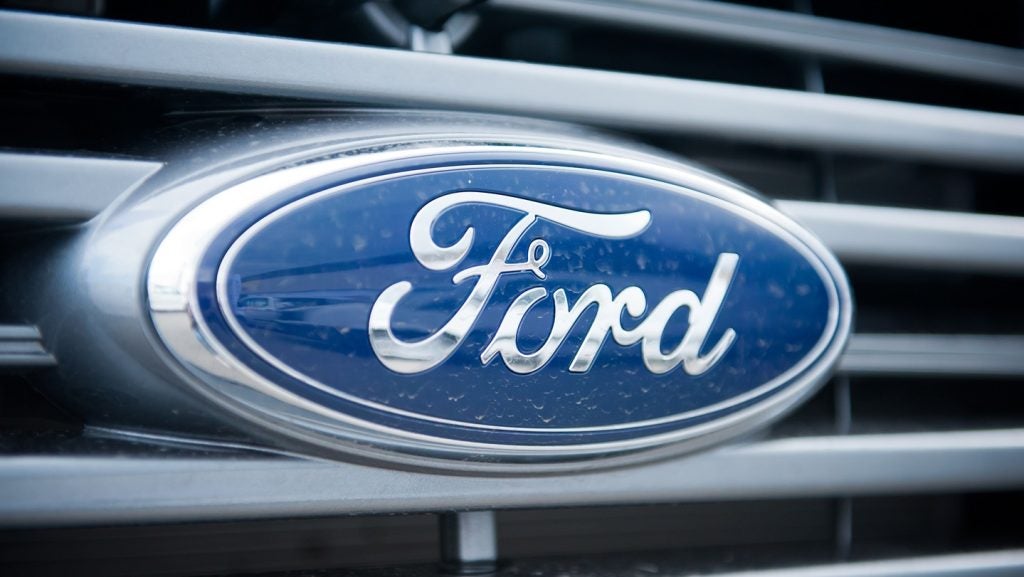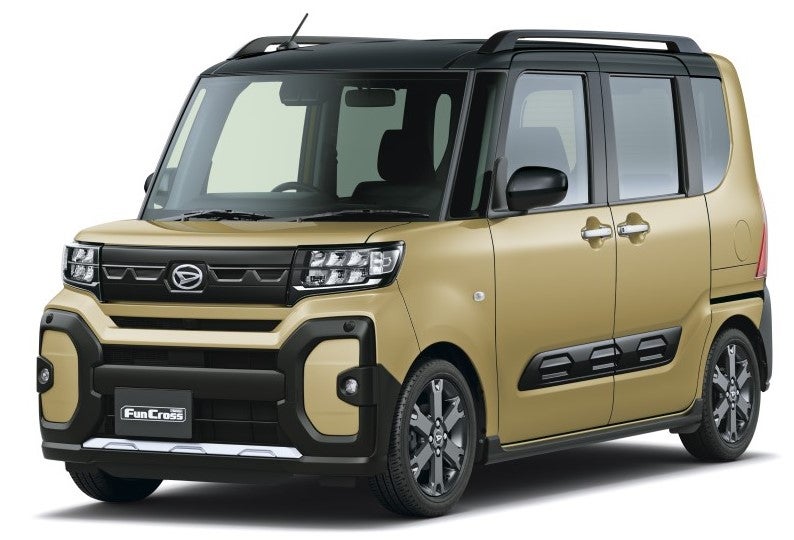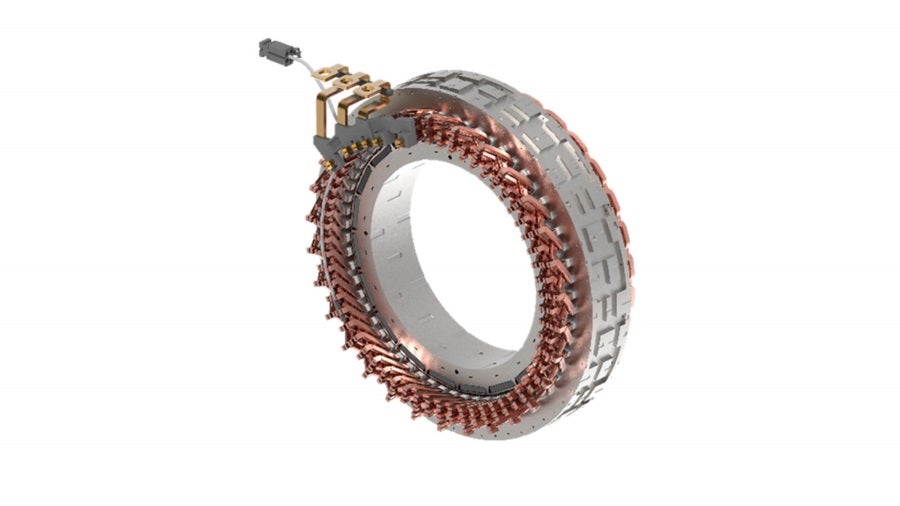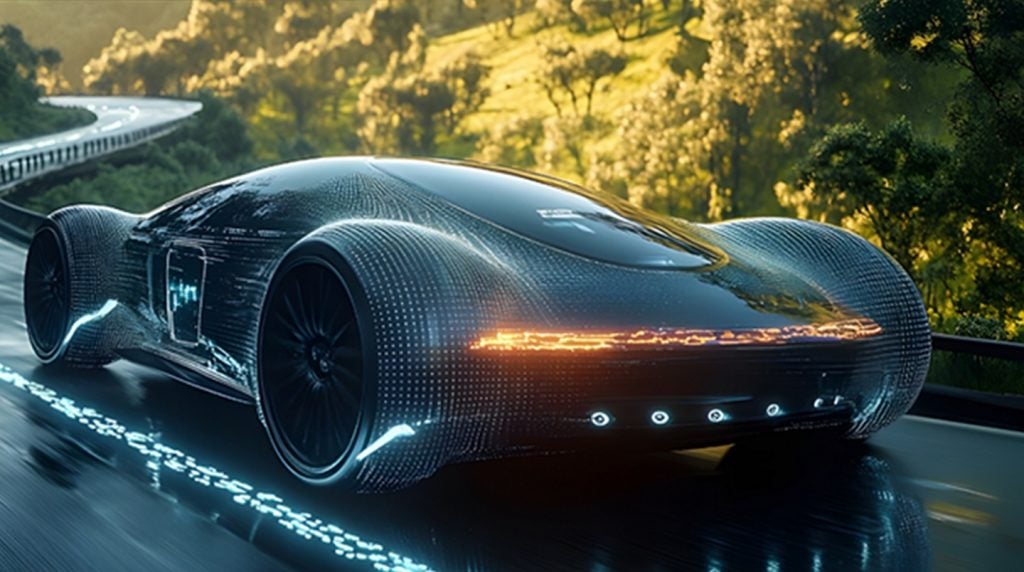Toyota Motor Corporation, Japan’s leading automaker, announced this week that it plans to establish a wholly-owned subsidiary in China to produce battery electric vehicles (BEVs) under its luxury Lexus brand.
The plant, to be built in Shanghai’s Jinshan district, is expected to begin commercial production of Lexus BEVs and related batteries in 2027. It will have an initial production capacity of 100,000 vehicles per year, directly employing around 1,000 people. Industry data shows Lexus sold over 180,000 vehicles in China last year – making it the brand’s second largest market globally after the US.
The Japanese automaker also confirmed that it plans to develop a new Lexus BEV model specifically tailored for the local Chinese market.
Toyota will become the second global automaker to establish a wholly-owned vehicle production subsidiary in Shanghai, after US carmaker Tesla. The company currently has partnerships with state-owned FAW Group and Guangzhou Automobile Group, which produced more than 1.5 million Toyota-branded vehicles combined last year.
Toyota also revealed this week it has signed a comprehensive partnership agreement with the Shanghai municipal government “regarding carbon neutrality”, under which it “hopes to contribute to the Chinese government's goal of achieving carbon neutrality by 2060 in fields such as hydrogen energy, automated driving technology and battery recycling and reuse.”
China is the world’s largest BEV market, with domestic sales estimated at around 6.7 million units and a further 1 million exported to world markets. Toyota’s hopes the new Lexus plant will help it improve the “supply of products that meet customers' needs in China.”


